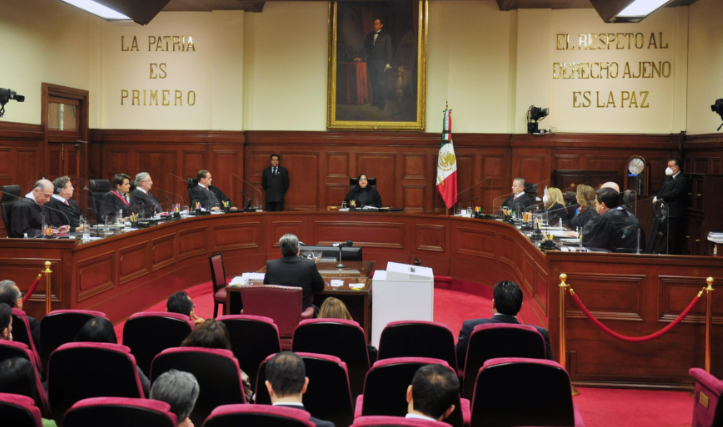What will be the cost of the judicial reform elections in Mexico? How many positions will be elected?
A report of the Center for Constitutional Studies (CEC), which depends on the Supreme Court of Justice of the Nation (SCJN), refers as a point of comparison the past federal elections in Mexico.
According to the civil organization Laboratorio Electoral, the electoral budget for 2024 is 60,451 million 351,931 pesos.
Cost of the elections
In the 2024 electoral process, a little more than 19,000 positions of popular election will be disputed.
In the case of the election of the national judiciary, around 7,000 positions would have to be elected out of a universe of more than 40,000 candidates.
The CEC adds that the cost of the process would be approximately half the cost of federal elections.
Judicial reform in Mexico
On September 15, 2024, a decree was published in the Official Gazette of the Federation (DOF) reforming the Political Constitution of the United Mexican States regarding the reform of the Judicial Branch.
This reform provides for the election by popular vote of the Justices of the Supreme Court of Justice, Magistrates of Circuit Courts, Judges of the Federal District and members of a new Court of Judicial Discipline.
With the exception of the Supreme Court, which will be completely renewed in 2025, half of the federal judges will be renewed in the June 2025 election. The other half will be renewed in the June 2027 election.
Candidates must have technical legal expertise, and be recognized for their honesty, reputation, competence, academic and professional background. Public or private financing of their campaigns would be prohibited, as well as public advertising.
Political parties would also be prohibited from engaging in promotional acts in favor of or against any candidate.
Amparo Law
On June 14, 2024, a decree reforming the Amparo Law was published in the DOF. This law regulates Articles 103 and 107 of the Political Constitution of the United Mexican States. With the reform, the effects of the resolutions of the amparo trial in cases of unconstitutionality of general norms are limited. Thus, the suspension of the norm will only benefit the party that filed the amparo.

